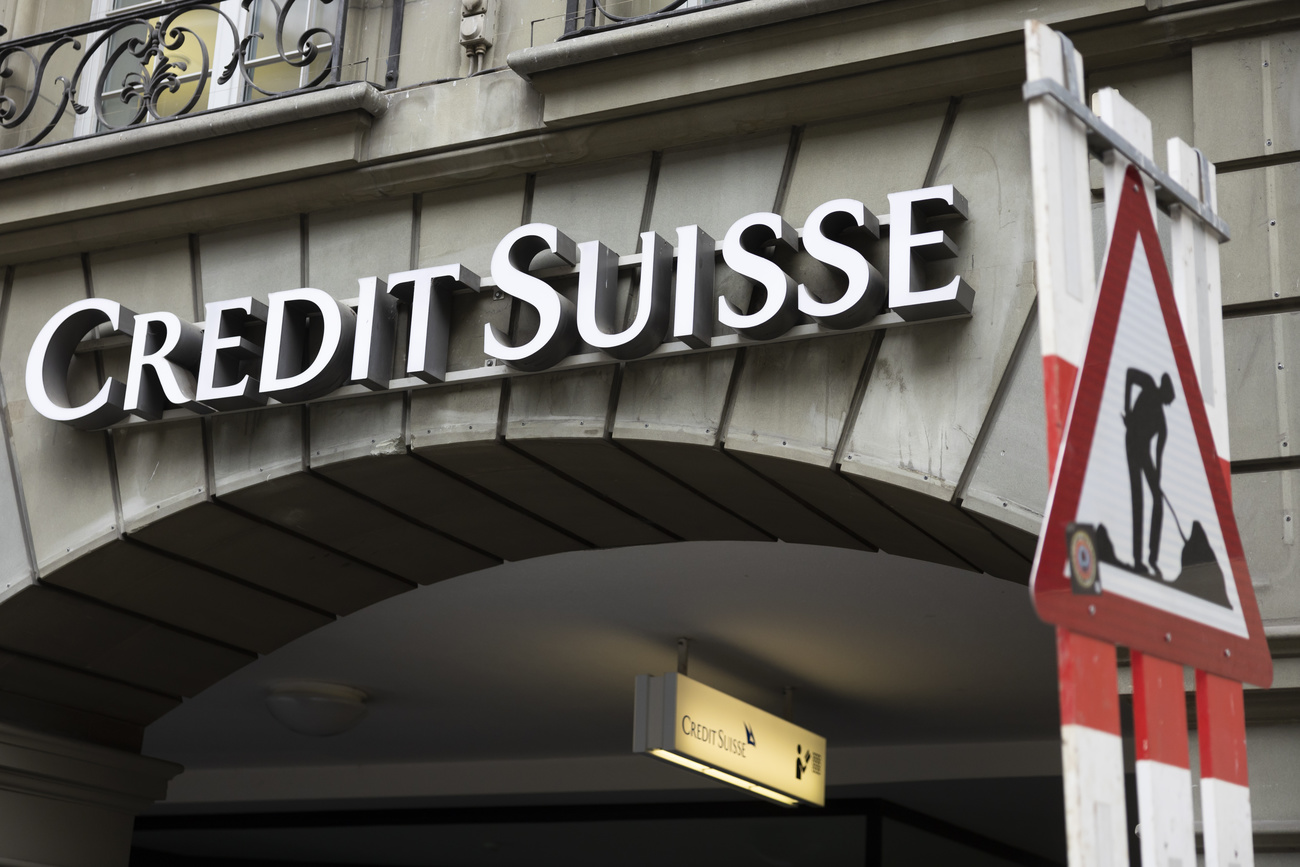
UBS set for $35 billion short-term gain from Credit Suisse deal

UBS has said it is set for a massive near-term accounting gain as a result of the merger deal with Credit Suisse, but that financial hits due to the combined assets portfolio and possible legal cases are also looming.
UBS Group AG expects a financial hit of about $17 billion ($15.24 billion) from the takeover of Credit Suisse Group AG, the bank said in a presentation early on Wednesday as it prepares to complete the rescue of its struggling Swiss rival.
UBS estimates a negative impact of $13 billion from fair value adjustments of the combined group’s assets and liabilities. UBS also sees $4 billion in potential litigation and regulatory costs stemming from outflows, the bank said.
+ What it takes to fuse two Swiss banking giants
UBS, however, also estimated it would book a one-off gain stemming from the so-called “negative goodwill” of $34.8 billion by buying Credit Suisse for a fraction of its book value.
The financial cushion will help absorb potential losses and could result in a boost to the lender’s second-quarter profit if UBS closes the transaction next month as planned.
UBS said the estimates were preliminary and the numbers could change materially later on.
The bank also said it might book restructuring provisions after that, but offered no numbers.
Analysts at Jefferies had estimated restructuring costs, litigation provisions and the planned winding down of the non-core unit could total $28 billion.
Meanwhile, UBS has implemented a number of restrictions on Credit Suisse while the takeover is underway.
+ Credit Suisse to keep its name for first phase of merger
In certain cases, Credit Suisse cannot grant a new credit facility or credit line exceeding 100 million Swiss francs ($113 million) to investment grade borrowers or more than CHF50 million to non-investment grade borrowers, a UBS filing showed.
Credit Suisse also cannot undertake capital expenditure of more than CHF10 million or enter into certain contracts worth more than CHF3 million per year.
The filing shows Credit Suisse cannot order any “material amendments” to its employee terms and conditions, including remuneration and pension entitlements, till deal closure.
UBS agreed in March to buy Credit Suisse for CHF3 billion ($3.4 billion) in stock and to assume up to CHF5 billion in losses that would stem from winding down part of the business, in a shotgun merger engineered by Swiss authorities over a weekend amid a global banking turmoil.
The deal, the first rescue of a global bank since the 2008 financial crisis, will create a wealth manager with more than $5 trillion in invested assets and over 120,000 employees globally.
+ The looming spectre of a “monster” UBS
The Swiss state is backing the deal with up to CHF250 billion in public funds. Switzerland’s government is providing a guarantee of up to CHF9 billion for further potential losses on a clearly defined part of Credit Suisse portfolio.
UBS signalled no quick turnaround for the 167-year-old Credit Suisse, which came to the brink of collapse during the recent banking sector turmoil after years of scandals and losses.
It said it expected both the Credit Suisse group and its investment bank to report substantial pre-tax losses in the second quarter and the whole of this year.
Following the legal closing of the transaction, UBS Group AG plans to manage two separate parent companies – UBS AG and Credit Suisse AG, UBS said last week. It has said the integration process could take three to four years.
During that time, each institution will continue to have its own subsidiaries and branches, serve its clients and deal with counterparties.

In compliance with the JTI standards
More: SWI swissinfo.ch certified by the Journalism Trust Initiative




























You can find an overview of ongoing debates with our journalists here . Please join us!
If you want to start a conversation about a topic raised in this article or want to report factual errors, email us at english@swissinfo.ch.